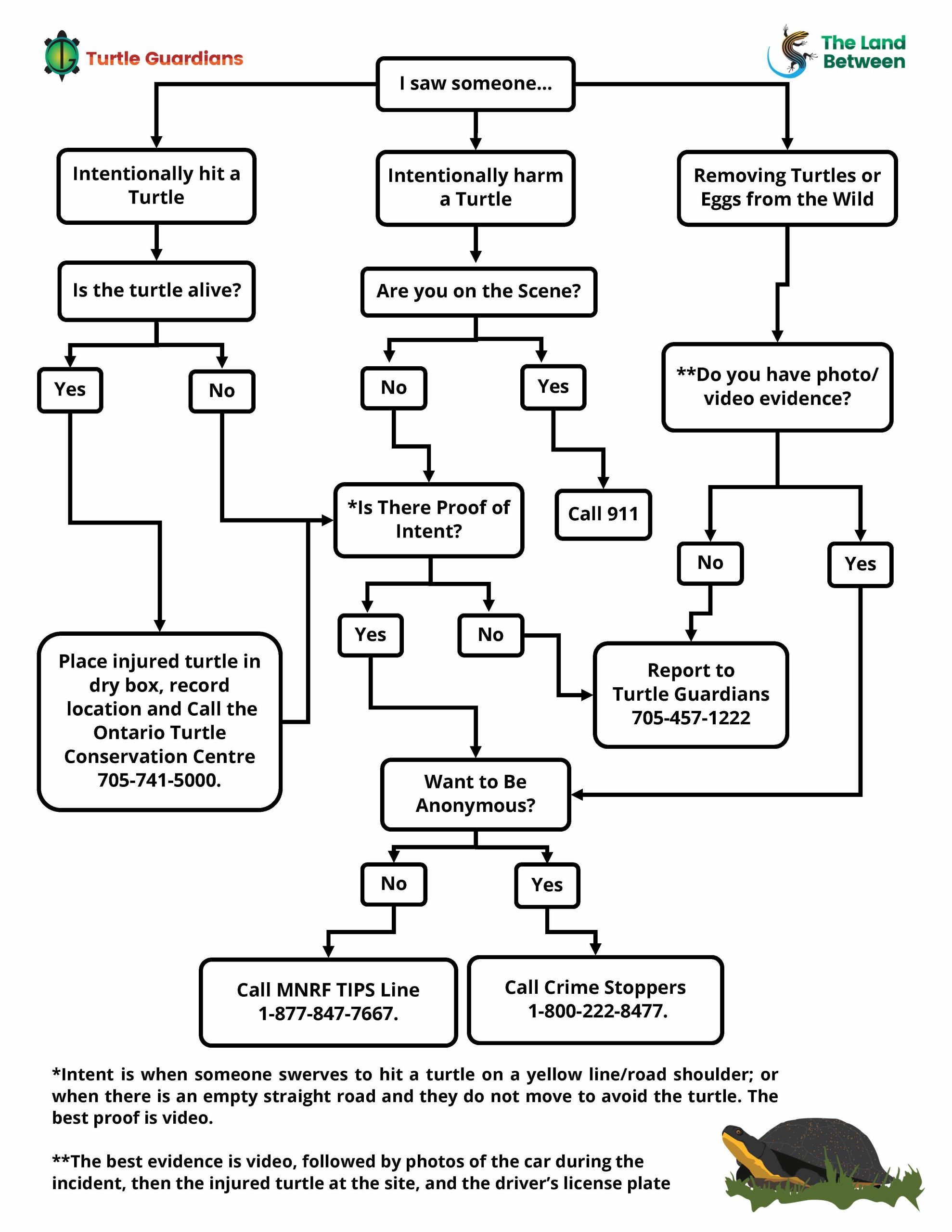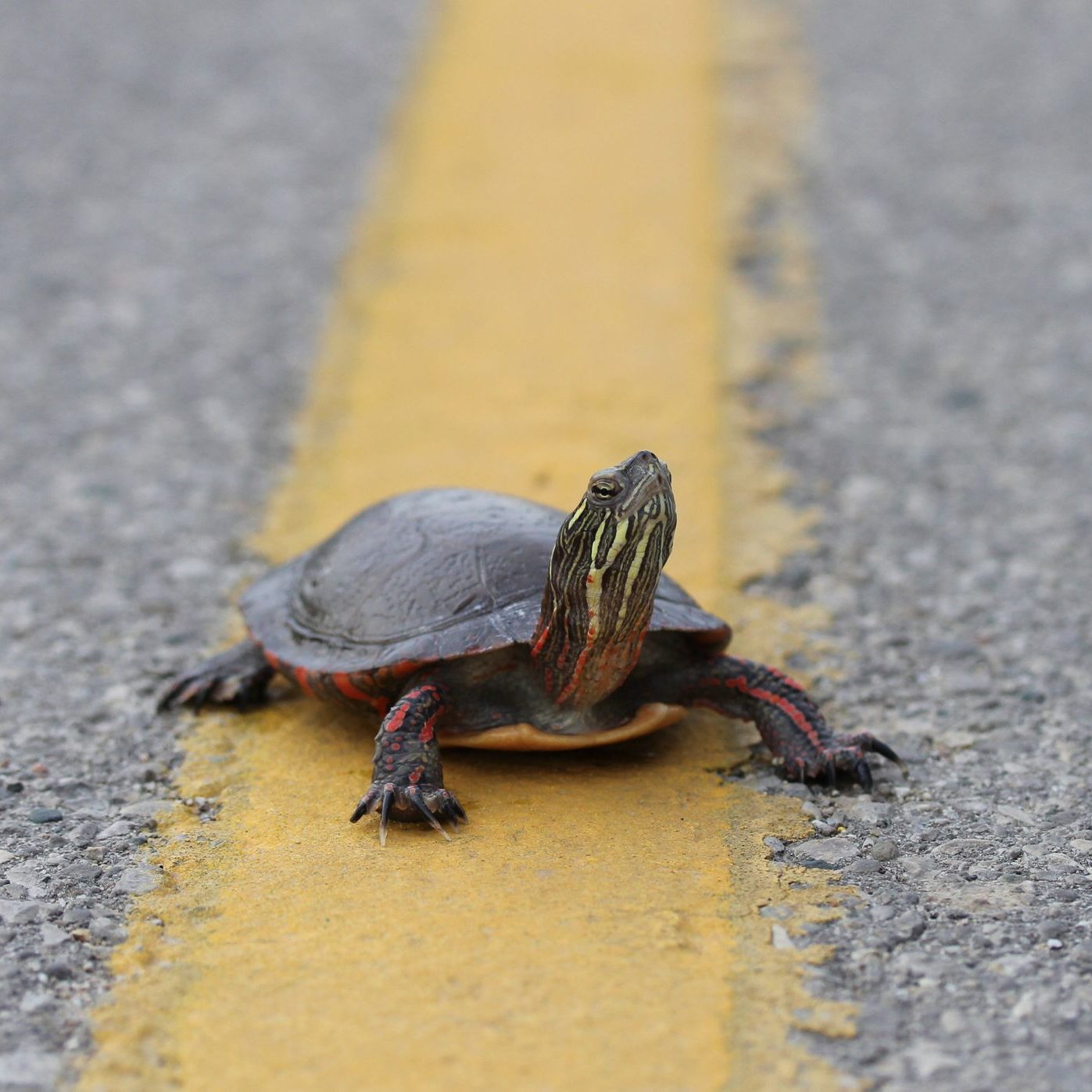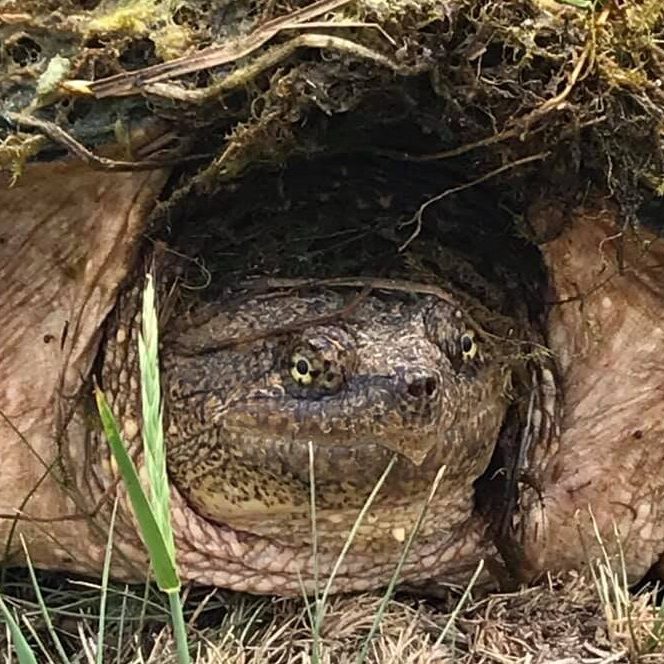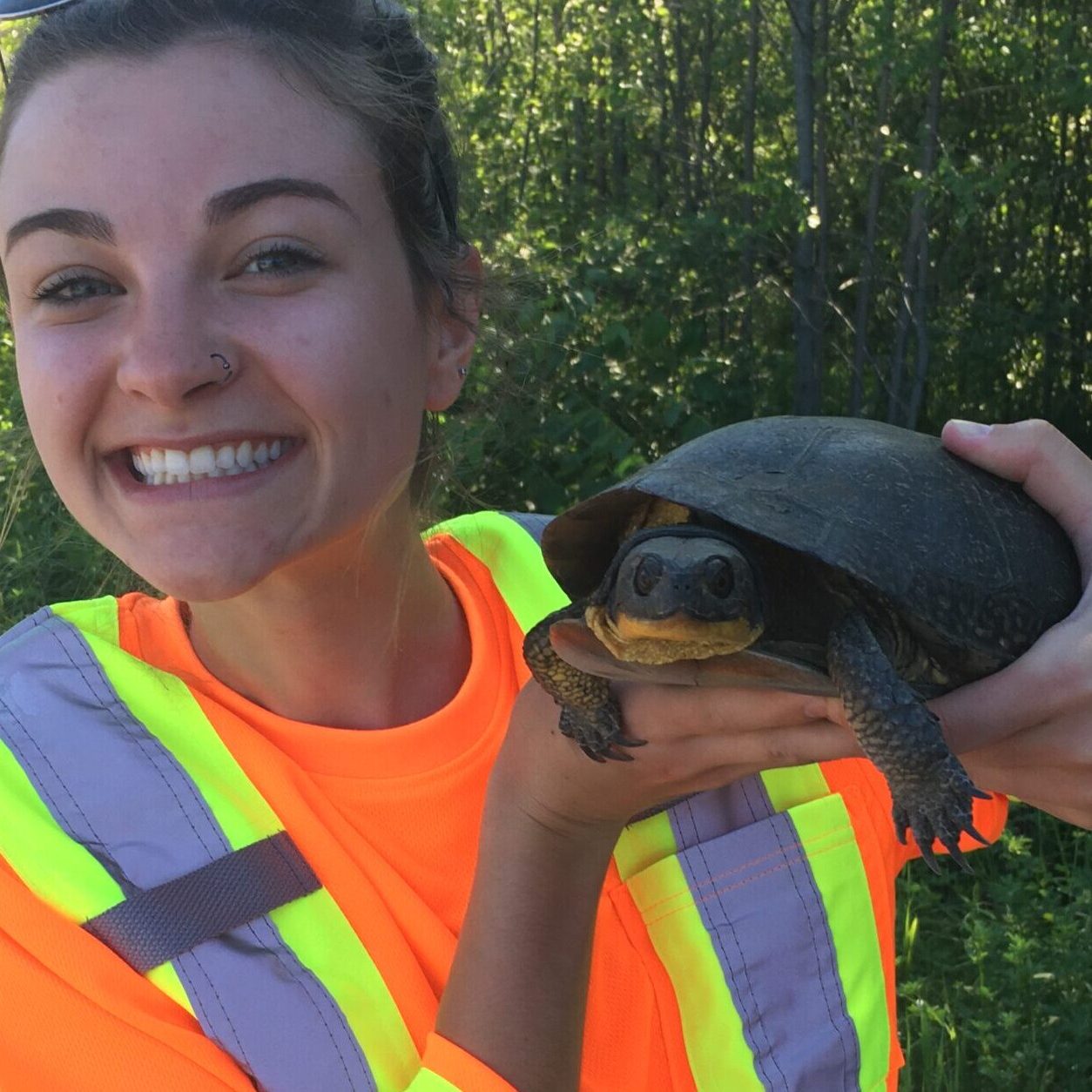They are long lived animals, yet it takes about 60 years to replace just one
Turtles are Eco-Heros
Turtles, especially Common Snapping Turtles, are a Keystone species, and their role in the food-web is essential to an entire chain of linked species, habitats, and ecosystem functions- all which benefit humans. This means that without turtles at sufficient numbers in the ecosystem, the ecosystem will be sullied affecting other species populations and ecosystem functions. In fact, it is estimated that 70% of fish and wildlife in North America rely on healthy wetlands, and therefore on turtles (and beavers) doing the jobs they do!
Turtles are amazing custodians of waterbodies; they maintain water quality as they remove the sources of harmful bacteria - Turtles eat carcasses of fish and animals that die in lakes and wetlands. An interesting fact is that as snapping turtles age, they eat more seeds and vegetable matter, than protein. This means that as they consume seeds which are made viable through their digestion, they spread them to make new fish and wildlife habitats as turtles walk through their territories.
Turtles are also seed spreaders, and they cycle nutrients too. They are essentially the birds of the water.
Therefore, while beavers in Cottage Country keep water on the land, turtles spread biodiversity so that wetland habitats thrive. Turtles are the best janitors and gardeners for our lakes and wetlands.
We have lost an estimated 60% or more of our turtles in Ontario. All turtles in Canada are Species at Risk, and 75% of turtles in the world are in jeopardy.
Emerging Diseases
Recent cases of Rana virus and turtle's herpes virus have been noted in many parts of Ontario and also eastern North America. There is no cure for either disease. Both diseases are fatal and may impact turtles especially in hibernation when their immune system function is fragile and very low. The disease is spread through contact with contaminated fluids passed on by other turtles in their aquatic habitats, and can also be transmitted by humans who have touched turtles and have not sanitized their hands etc. Note: They cannot be transmitted to humans.
Deliberate Harm to Turtles
Deliberate harm to turtles includes translocation; also filling or destroying critical habitats of Threatened and Endangered turtles, which includes hibernation sites and nest sites carries fines under the Endangered Species Act and in some cases, the Species at Risk Act. Deliberate harm also includes deliberately killing turtles and targeting them or not avoiding them when it is safe to do so on roads. In these cases, for this constitutes a crime under the Fish and Wildlife Conservation Act.
It can be difficult to avoid turtles on roads, therefore, deliberate harm to turtles should be "obvious" and readily proven.
See our Deliberate Harm Decision tree to help hold perpetrators of these crimes accountable.





